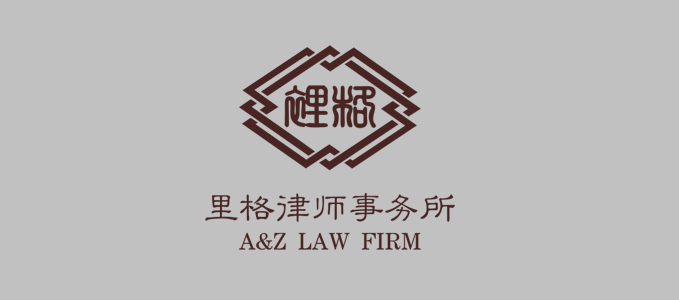First Sino-Spanish International Legal Forum
First Sino-Spanish International Legal Forum

On Monday 8th and Tuesday 9th of May, 2017, the First Sino-Spanish International Legal Forum concerning Commercial Arbitration in China, Intellectual Property Rights and E-Commerce, and Spanish-Chinese Investment Cooperation from a legal perspective took place at the School of Law, University of Valencia, in Valencia, Spain.
The forum was organized by the School of Law with the presence of Doctor Ms. M. Elena Olmos, Dean of the School; the International Academy of Science, technology, education and humanities (AICTEH for its Spanish acronym) with the presence of Doctor Jose Hoyo, President of AICTEH; Startup Europe with Juan Manuel Revuelta Perez, President of Finnova; Jorge Muñoz Consultores with Antonio Liu, Director at China Desk; and A&Z Law Firm with Mireia Paulo, Director of the European-American Market and Overseas Investment Projects.
The aim was to exchange perspectives and approach views advanced by different experts working in the legal field, as well as business and investment experts working on Spain-China investment cooperation.
During the first day, lectures were delivered on mediation and arbitration techniques in the context of Spain and China. Ms. Paulo, representing A&Z Law Firm in this international legal forum, spoke about commercial arbitration in China. She began the presentation by noting relevant data of arbitration in terms of the number of arbitration cases in China from 2001 to 2015, and commercial cases with and without foreign elements solved via arbitration or court.
Ms. Paulo briefly introduced China’s judicial system and the arbitration system, highlighting some of the main aspects of the Arbitration Law, particularly the latest amendments that took place in 2015. After this brief explanation, mention was given to the fundamental principles in the Chinese Arbitration System, where several examples were given based on real case studies with an aim to better illustrate the importance of an adequate written arbitration clause in a commercial contract. An emphasis was afforded to the situation that when doing business with Chinese companies or in China, it is highly advisable to write a clause that contains six elements: governing law, commission, location, norm, arbitrator, and language. The absence or lack of clarity in an arbitration clause in a commercial contract may cause great losses and big headaches for many companies involved in commercial disputes. It was stressed that the best measures to undertake in avoiding undesirable problems is prevention in foresight, and seeking professional counsel.
Finally, Ms. Paulo went through the recognition and enforcement of international awards in China, explaining some of the risks involved when selecting international commissions, governing laws, seats, and foreign languages for commercial disputes taking place in China. Among those risks exist the possibility to declare the setting-aside of the award if the arbitration clause in the contract does not contain the three main elements required for its validity.
During the Q&A session, a lively discussion took place, particularly related to the advantages that arbitration brings to dispute resolution for commercial matters. For instance, arbitration can lead to a more professional, neutral, and rapid resolution of the dispute. In addition, it generates tranquility and confidence in foreign companies as security in the Chinese judicial system is one of the main concerns for European companies that perceive the Chinese system as opaque without clear distinction between the three powers. Finally, it provides confidentiality as the resolution is not published, supporting companies to find solutions while handling disputes privately.
During the first and second day, other speakers talked about fascinating topics such as Internet Domain Name Dispute Resolution by Prof. Dr. Carmen Boldó Roda. Following this matter, Prof. Dr. Javier Plaza, Vice-Dean of the School of Law, explained the legal challenges when dealing with e-commerce in a globalized world. This topic was also linked with two other crucial issues; IP protection in e-commerce and dispute resolutions, as well as innovation and technological developments.
Finally, Mr. Revuelta, President of Finnova, emphasized many converging interests existing between Spain’s and China’s start-up, internet, innovation, and technology agendas. He also explained the establishment of major investment funds and incentives focused on incubating hi-tech start-ups and collaborative innovation in both Spain and China. Specifically mentioned were encouragement of Chinese investments in advanced Spanish digital infrastructure and services, enhanced cooperation on Smart Cities, and identifying concrete new opportunities for both Spanish businesses in China and Chinese businesses in Spain in fields of hi-tech Innovation (robotics, automotive, biopharma and advances medical products, as well as maritime, aerospace and aeronautical equipment).



